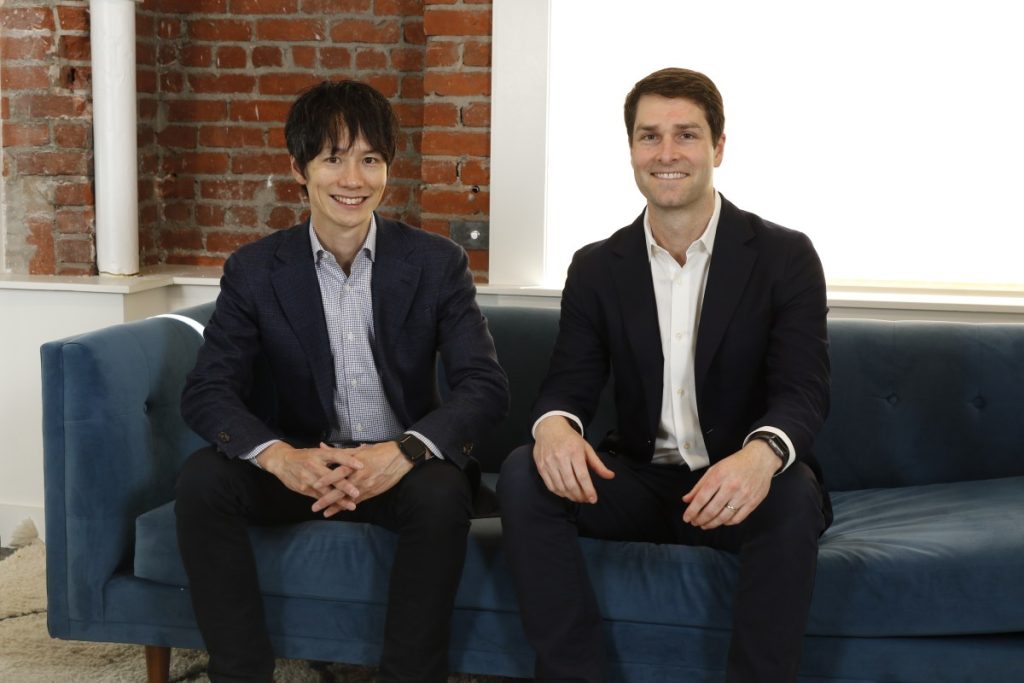Contract review remains a slow, manual process that strains legal teams, forcing lawyers to sift through dense language, flag risks, and translate legal terms.
In fact, the problem is so prevalent that for the past several years, Tokyo-based LegalOn Technologies has had an open door to that market: its AI contract review software for legal teams is today used by 7,000 organizations across Japan, the U.S. and the U.K., the company claims, and it leads the Japanese market, with 25% of all public companies in the country using its platform.
LegalOn’s AI contract review tool, Review, identifies risks and suggests edits based on playbooks built by lawyers, and each customer’s legal standards. The company claims Review cuts review times by up to 85% while improving quality and accuracy.
Success hasn’t tempered the LegalOn’s ambitions, however. The company now wants to further build out AI agent tools to go along with its software, and recently raised $50 million to do just that.
The Series C funding round is being led by Goldman Sachs’ growth equity fund, and saw participation from existing investor World Innovation Lab (WiL). New investors Mori Hamada & Matsumoto (a law firm in Japan), Mizuho Bank, and Shoko Chukin Bank also invested.
While a lot of the new cash is being dedicated to developing more AI agent products, the company is also enhancing its go-to-market efforts in the U.S. and U.K., where it says its business has quadrupled over the past year.
LegalOn declined to disclose its valuation.
Techcrunch event
San Francisco
|
October 27-29, 2025
Founded by two former corporate lawyers, Nozomu Tsunoda and Masataka Ogasawara in 2017, LegalOn aims to address time-consuming tasks before and after the contract review process, such as organizing legal requests and automating contract management.
According to Daniel Lewis, Global CEO of LegalOn, the company stands out from the hordes of legal tech startups using AI thanks to its foundation in attorney-drafted, expert legal content. That base, he says, makes LegalOn unlike other tools that rely on users to build rules from scratch, or use generic AI models that lack the precision required for legal work.
“Our approach ensures contract reviews are aligned with real legal standards, making the output more accurate, consistent, and practical for legal teams. In addition, we have more than 50 attorney-built playbooks, seamless integration into existing workflows, and our solution works out-of-the-box on day one,” Lewis said.
Just last week, the startup launched another tool: Matter Management helps legal teams track contract requests, assign owners, connect matters to relevant people and documents, and collaborate with other departments.
The company has also struck a non-equity tech partnership with OpenAI, which gives LegalOn access to the ChatGPT maker’s advanced large language models.
“It’s a technical collaboration,” Lewis explained. “It gives us early access to their latest models, and it positions our engineers to work kind of side-by-side with engineers from OpenAI. So in that regard, it will advance our goal of building cutting-edge [AI] agents using great technology, but being able to ground that in our proprietary legal content and expertise.”
The AI revolution is proving to be a massive tailwind for legal tech startups worldwide. In June, Harvey AI secured $300 million in Series E funding, pushing its valuation to $5 billion, and last year, Clio also raised $300 million, reaching a $3 billion valuation.
But even as generative AI transforms the legal industry, Lewis doesn’t think it will replace lawyers. “The state of the technology isn’t there yet, and replacing lawyers isn’t even our vision,” he said. “Lawyers are still in the driver’s seat. The things AI can’t do perfectly today are, by definition, the things only people can do. And the lawyers who lean into that responsibility — to oversee, to edit, to exercise judgment — are the ones seeing the most extraordinary leverage from AI right now.”
The Series C brings LegalOn’s total capital raised to over $200 million. Its investors include SoftBank Vision Fund, HSG (formerly known as Sequoia Capital China), Japanese venture capital firm JAFCO, and MUFG Bank.

